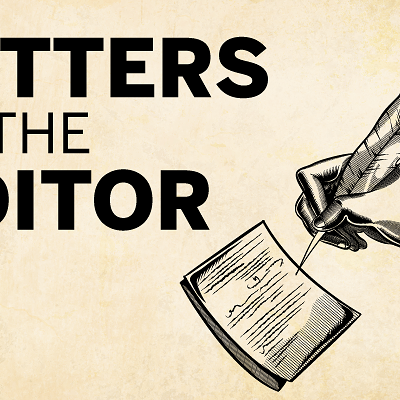Re-considering Cornwallis
We are writing to express our disappointment in city council's decision to quash further discussions about the commemoration of Edward Cornwallis in various city landmarks and on roads and buildings bearing his name ("Halifax votes to keep honouring Edward Cornwallis," Reality Bites post at thecoast.ca by Jacob Boon, May 11).
As professional historians whose combined expertise encompasses the experiences of Mi'kmaw struggles against colonialism and issues in the commemoration of past events, we are not only deeply aware of how problematic a figure is Cornwallis as an object of celebration, but we are also keenly attuned to the role that commemoration has in shaping the contemporary social and cultural climate of a community.
Commemoration is not now—and has never been, nor should it ever be—a static and unchanging enterprise intended to preserve an unalterable, singular version of the past. The Cornwallis debate is not about "rewriting history"—Cornwallis is an important figure in Nova Scotia's history and no one is suggesting that he be written out of the history books. Rather, this debate is about reconsidering the ways in which we remember.
Commemoration demands that we not just recount what happened, but that we reflect more deeply on how our collective pasts intersect with current values and beliefs. We believe that, collectively, our values and beliefs have changed significantly since the erection of the Edward Cornwallis Statue in 1931—we are a more diverse society that better recognizes our varied historical experiences, and we are attuned to the ways in which certain Nova Scotians continue to be marginalized by injustices of the past.
We believe that city council's decision to not further discuss the suitability of a Cornwallis statue represents a missed opportunity to have an important conversation that has the potential to create a social and cultural climate in Halifax that is respectful of all people, including the Mi'kmaq who were victim to Cornwallis' harsh policies and who, through a variety of means, continue to contest the appropriation of their territory which remains unceded.
The decision of city council puts Halifax at odds with the recent declaration of the Nova Scotia government that all Nova Scotians—both Mi'kmaq and non-Mi'kmaq—are "treaty people." With this bold statement, the province has made a significant commitment to engaging with, and educating young people about, our collective past. The uncritical commemoration of Edward Cornwallis, who stands on unceded Mi'kmaq territory, contradicts directly what it means to be "treaty people."
City council's decision also runs counter to the Truth and Reconciliation Commission's recommendation that governments at all levels work to "develop a reconciliation framework for Canadian heritage and commemoration," as it serves to preserve injustice. We urge city council to reconsider this decision, and to make provisions for a non-partisan committee to investigate the issue of Edward Cornwallis. —Drs. Martha Walls and Corey Slumkoski, department of history, Mount Saint Vincent University
I want to start this letter by saying I am NOT defending Cornwallis. But changing names of places that are named after horrible things or peoples does more harm than good. When you change the name or remove monuments dedicated to people who were horrible, like Cornwallis, you erasE them from history. These items should be turned into teachable moments, remembering why we want to stop people like Cornwallis in the future (case in point: Donald Trump). Put up plaques that list the horrible things this person has done: the number of people who died because of Cornwallis and the acts he has done.
If you don't think it works, look at Germany, Poland, France, Austria. Main concentration camps are kept and preserved as museums to ensure that we learn from our mistakes. Hiroshima museum is helping create policy about disarmament. So let's TEACH the children; have them understand why a place was named after a horrible person, how racism played its role and how by serving as a memory we can prevent genocide in the future. And hey, maybe, just maybe we can nurture some empathy and thwart racism along the way. —Norman Claycher, Halifax
















